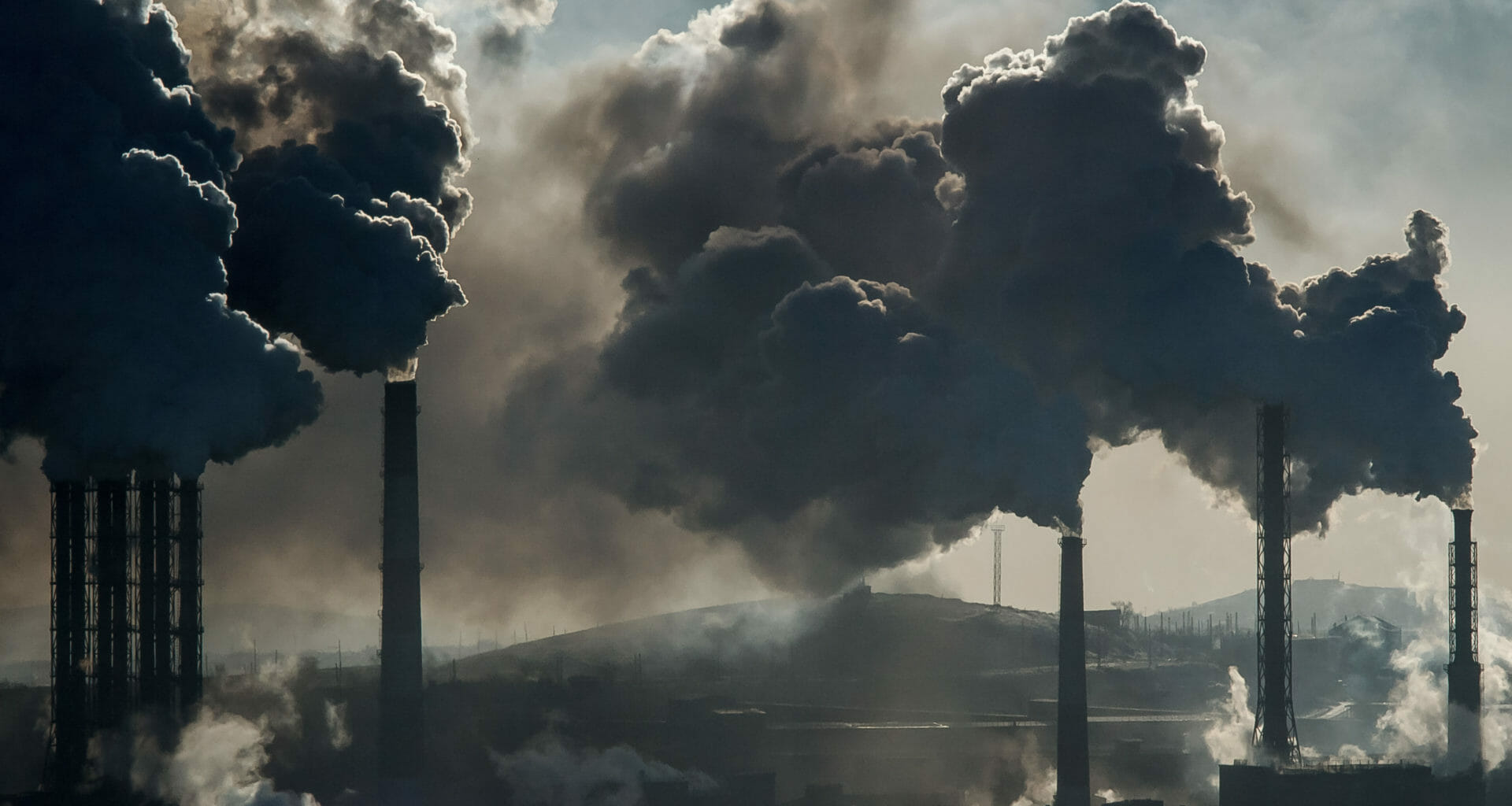Climate pledges by eight of Europe and America’s biggest oil and gas companies are “grossly insufficient” to limit global warming to a safe level, new research has found.
The study — conducted by campaign group Oil Change International (OCI) and 35 international partners — found that despite a raft of new promises in the last two years, none of the firms met “the bare minimum” level of action needed to achieve targets set by the 2015 Paris Agreement.
Instead, the oil and gas giants are involved in over 200 new fossil fuel projects between 2022 and 2025. These could produce the same amount of climate emissions as 77 coal-fired power plants would throughout their lifetimes.
OCI argued that this was proof that the firms’ climate pledges were designed to disinform and distract, not seriously confront the climate crisis”.
The UK oil and gas industry told The Ferret that it has “put itself at the centre of a homegrown energy transition” and will be investing “billions” in low-carbon technologies over the next ten years.
The report – called the ‘Big Oil Reality Check’ – measured BP, Chevron, Eni, Equinor, ExxonMobil, Repsol, Shell, and Total against 10 criteria needed to limit warming to no more than 1.5 degrees, the target set by governments in Paris.
The criteria included analysing the firms’ level of ambition to “keep fossil fuels in the ground”. They were also graded on how their commitments would impact on the rights of workers and indigenous communities.
All eight of the companies’ plans were considered “grossly insufficient” overall, with Chevron and Exxon considered “grossly insufficient” on all criteria.
It is considered imperative that global temperature rises are limited to 1.5 degrees if the planet is to avoid the worst impacts of the climate crisis.
A host of international scientists last month produced a report for the United Nations showing that emissions from fossil fuels — and oil and gas in particular — need to decline immediately if the 1.5 degree target is to be achieved.
Meanwhile, British researchers found that wealthy countries need to end oil and gas production completely by 2034 for the world to have just a 50 per cent chance of limiting warming to 1.5 degrees.
Despite this, global oil demand has rebounded to pre-pandemic levels in the last two years. Oil and gas giants are also posting record profits after Russia’s invasion of Ukraine caused a spike in the prices of oil and gas.
Investors and governments must step up, and help us all break free from the unstable boom-bust cycle of the fossil fuel economy.
David Tong, Oil Change International
David Tong, lead author of the report and a campaign manager at OCI, said this was evidence that the “companies that have done most to cause the climate crisis cannot be trusted to meaningfully confront it”.
Tong said: “Big oil and gas companies’ climate pledges and plans appear to be designed to disinform and distract, not to seriously confront the climate crisis.
“They will not manage their own decline. Investors and governments must step up, and help us all break free from the unstable boom-bust cycle of the fossil fuel economy.”
Mike Tholen, sustainability director at Offshore Energies UK which represents the UK offshore oil and gas sector and the eight companies named in the OCI report, said that the industry is “committed to change”.
Tholen said: “The sector has placed itself at the centre of a homegrown energy transition through the North Sea Transition Deal – a blueprint for helping the UK reach its climate and energy security goals.
“Through the deal, our members have pledged to reach net zero by 2050 (2045 in Scotland), to halve its emissions over the next decade and to invest billions in low carbon solutions like CO2 capture, electrification, and hydrogen to help the country wean off oil and gas.
“They are doing all this while continuing to produce the oil and gas we still need, albeit in declining amounts and lower-carbon forms, to power the country and manage our reliance on imports.”
Photo Credit: iStock/Maxim Shmakov














